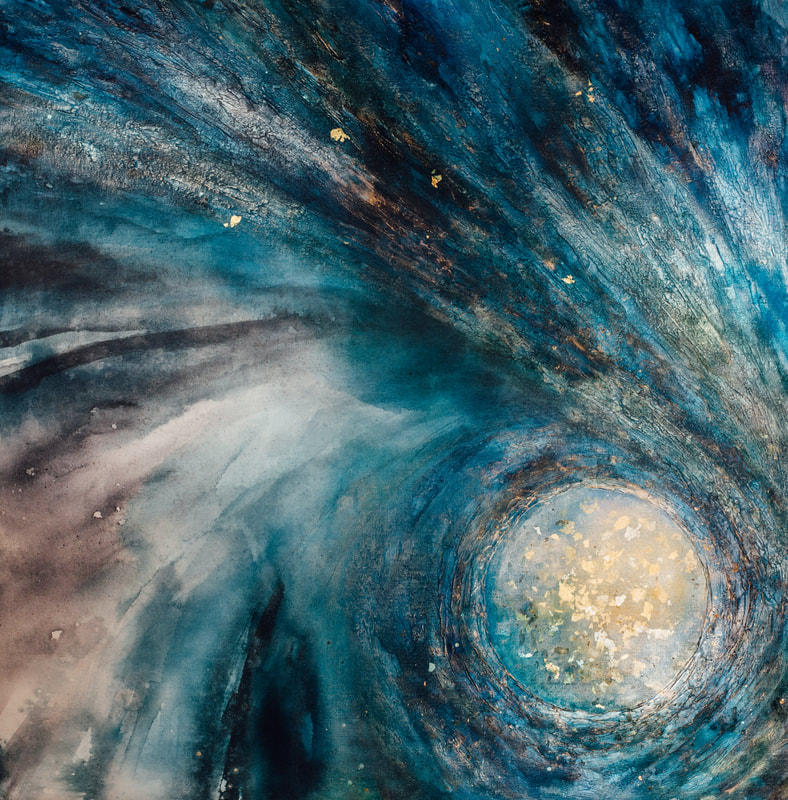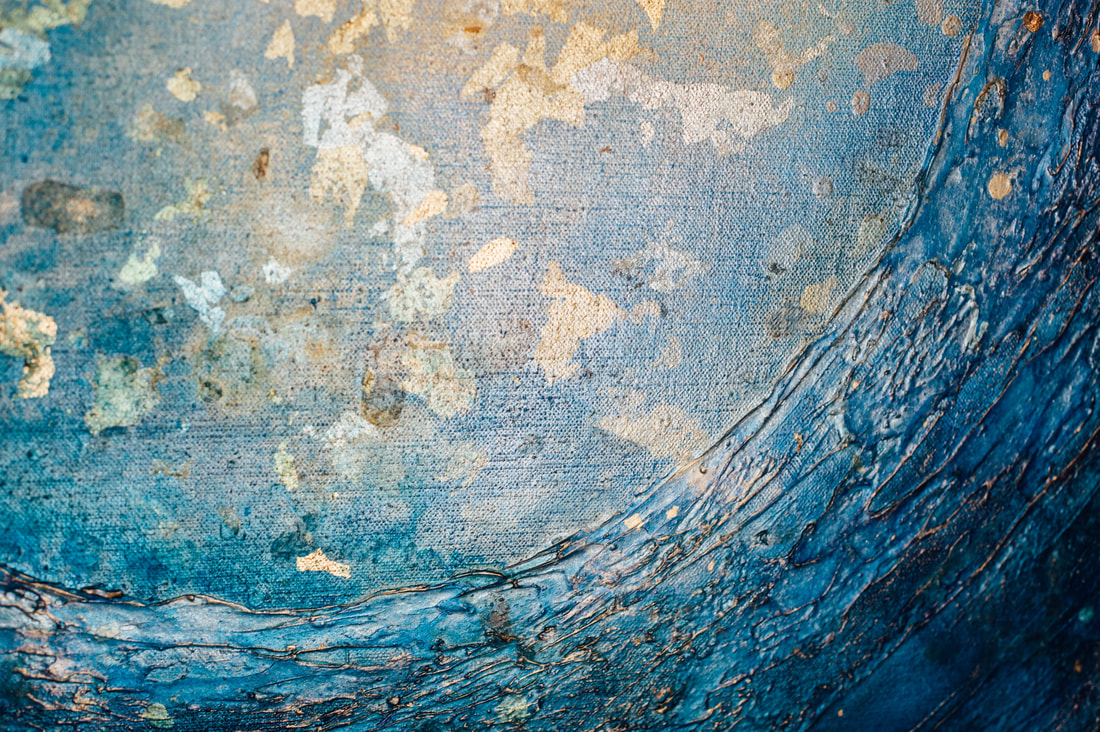While the nous is in some sense focused outward, the kardia, or heart, houses the deep, inward identity of our soul. This is the reasoning, thinking, feeling, emotive being: the substance of our inner life.[i] It is where we store information, both sensory and intellectual, where our memories, ideas, and motivations exist. In short, all the driving intellectual forces behind a human soul are found in the kardia.
The kardia is unfathomably deep. If we consider the fact that we cannot remember our own infancy, we know there are things in the kardia that are inaccessible to us. In his profound book on human creaturehood, A Time to Keep, theologian Ephraim Radner grapples with myriad concepts, including Freud’s exploration of the unconscious. He examines the idea that there are unknowable depths in all of us from our deepest loves and hates to our desires and aversions.[ii] At one point, he makes an interesting case: “We cannot “look at” our lives from outside, nor can we look at other people’s lives in this way. Life simply “is”; it is the “is-ness” of our being here at all...I cannot “respond” to my life any more than I can call myself on the telephone. Just here is my responsibility: that I acknowledge and engage the world as Life rather than as a set of things, let alone one thing after another.” [iii]
It is profound to say that the human soul is simply Life. We are not a set of things, among which might be our accomplishments, physical strength, prestige, intellect, or power. We are Life, and each of us is a particular being who is held and nourished by God in all its complexity and beauty.
The deep waters of the kardia are changeable. I think here of Psalm 42, and the surging sorrow of the Psalmist: “Deep calls to deep at the roar of your waterfalls, all your breakers and your waves have gone over me.” It is a common human response to suffering to say, “I feel like I am drowning.” I once read a commentator who said that deep human need is answered by the depths of God’s grace. The depths of the kardia are unfathomably complex. The image of deep water can be a terrifying one, a tangible image of chaos. Chaotic water is an almost universal image in ancient Near Eastern cosmology. From the first page of Genesis, God can be seen ordering and dividing the chaotic waters, and imagery of him calming and ordering water is woven throughout the Christian scriptures. This God who ordered the chaotic primordial waters in Genesis is the same God who orders each Mikros Kosmos, the primordial waters of the immortal human soul.
[i] Kardia, “the heart”, the chief organ of physical life…by an easy transition the word came to stand for man’s entire mental and moral activity, both the rational and emotional elements. Vine, W.E., Vine’s Complete Expository Dictionary, (Thomas Nelson, 1996), 297.
[ii]Radner, Ephraim, A Time to Keep (Waco: Baylor University Press, 2016), 46-47
“Love and hate get mixed up in us; we all experience terrible fears and anxieties over our deaths and the deaths of those we love or live with, so that we construct ways of explaining death, justifying it, answering it (often with more death of others)...we do not know who we are; and we are in the grip of things within ourselves that we do not understand or of which we are fundamentally unaware; these involve our loves and hates, our pleasures and aversions, and these unknown motives often end in destructive violence when left unchecked, unformed, or unconstructed, even as our “constructions” are shaped by the very forces of which we are ignorant.”
[iii] Radner, Ephraim, A Time to Keep (Waco: Baylor University Press, 2016), 49
The kardia is unfathomably deep. If we consider the fact that we cannot remember our own infancy, we know there are things in the kardia that are inaccessible to us. In his profound book on human creaturehood, A Time to Keep, theologian Ephraim Radner grapples with myriad concepts, including Freud’s exploration of the unconscious. He examines the idea that there are unknowable depths in all of us from our deepest loves and hates to our desires and aversions.[ii] At one point, he makes an interesting case: “We cannot “look at” our lives from outside, nor can we look at other people’s lives in this way. Life simply “is”; it is the “is-ness” of our being here at all...I cannot “respond” to my life any more than I can call myself on the telephone. Just here is my responsibility: that I acknowledge and engage the world as Life rather than as a set of things, let alone one thing after another.” [iii]
It is profound to say that the human soul is simply Life. We are not a set of things, among which might be our accomplishments, physical strength, prestige, intellect, or power. We are Life, and each of us is a particular being who is held and nourished by God in all its complexity and beauty.
The deep waters of the kardia are changeable. I think here of Psalm 42, and the surging sorrow of the Psalmist: “Deep calls to deep at the roar of your waterfalls, all your breakers and your waves have gone over me.” It is a common human response to suffering to say, “I feel like I am drowning.” I once read a commentator who said that deep human need is answered by the depths of God’s grace. The depths of the kardia are unfathomably complex. The image of deep water can be a terrifying one, a tangible image of chaos. Chaotic water is an almost universal image in ancient Near Eastern cosmology. From the first page of Genesis, God can be seen ordering and dividing the chaotic waters, and imagery of him calming and ordering water is woven throughout the Christian scriptures. This God who ordered the chaotic primordial waters in Genesis is the same God who orders each Mikros Kosmos, the primordial waters of the immortal human soul.
[i] Kardia, “the heart”, the chief organ of physical life…by an easy transition the word came to stand for man’s entire mental and moral activity, both the rational and emotional elements. Vine, W.E., Vine’s Complete Expository Dictionary, (Thomas Nelson, 1996), 297.
[ii]Radner, Ephraim, A Time to Keep (Waco: Baylor University Press, 2016), 46-47
“Love and hate get mixed up in us; we all experience terrible fears and anxieties over our deaths and the deaths of those we love or live with, so that we construct ways of explaining death, justifying it, answering it (often with more death of others)...we do not know who we are; and we are in the grip of things within ourselves that we do not understand or of which we are fundamentally unaware; these involve our loves and hates, our pleasures and aversions, and these unknown motives often end in destructive violence when left unchecked, unformed, or unconstructed, even as our “constructions” are shaped by the very forces of which we are ignorant.”
[iii] Radner, Ephraim, A Time to Keep (Waco: Baylor University Press, 2016), 49
All artwork, photographs, and text on this site are copyright © Kelly Kruse, 2014-2024. No content may be used without express permission from the artist. All rights reserved.



